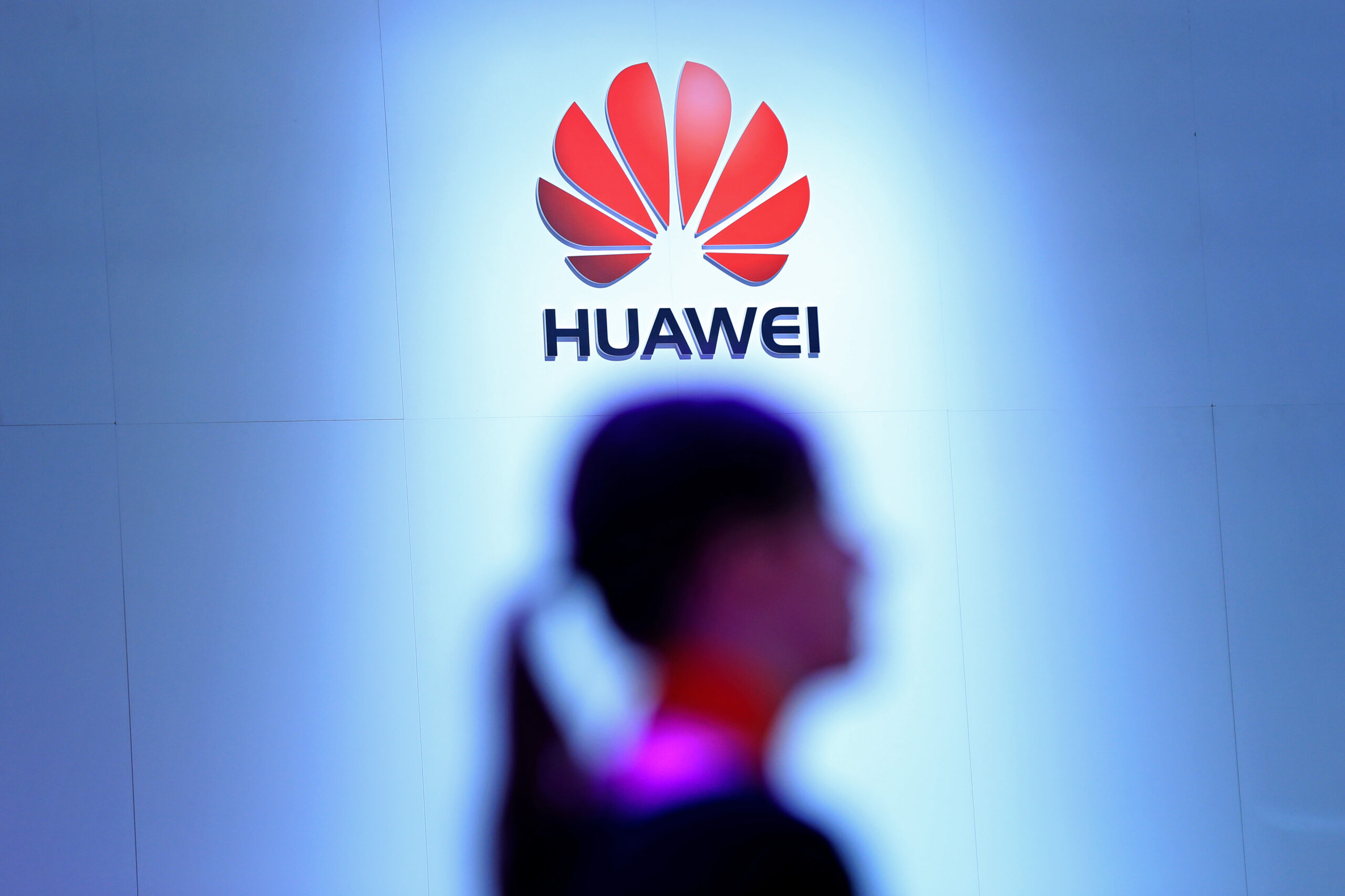
Huawei is accelerating the development of its AI ecosystem across various industries, despite the persistent challenges posed by US technology sanctions. At the Huawei Connect 2024 event in Shanghai, Deputy Chairman Eric Xu Zhijun laid out the company’s plans to bring AI technology to businesses in diverse sectors, signaling a broader effort to make AI accessible to individuals, households, and organizations alike.
Xu emphasized Huawei’s experience in aiding industries through intelligent transformation, highlighting that the company will increase investments over the next five years to strengthen its AI ecosystem with the help of partners. This strategy, known as “All Intelligence,” is designed to make AI more widely available, supporting Huawei’s diversification efforts in the face of U.S. restrictions that limit China’s access to advanced semiconductors critical for training AI systems.
While acknowledging the prolonged impact of the US sanctions, Xu underscored Huawei’s efforts to mitigate these barriers. The company has developed alternatives through its computing platforms, Kunpeng and Ascend, which provide solutions for general-purpose and AI computing, respectively. These tools are vital in helping businesses adopt AI, as they offer cloud services that circumvent the limitations on advanced chip technology imposed by the sanctions.
Huawei’s cloud services, which have become a significant growth driver, play a key role in its AI strategy. According to Canalys, the company is now the second-largest cloud service provider in China, with cloud revenue growing by 21.9% year-on-year, reaching 55.29 billion yuan (US$7.6 billion) in 2023. Xu emphasized that these services allow businesses to efficiently integrate AI into their operations by offering on-demand computing resources, enabling faster AI model training and real-time decision-making.
At the Huawei Connect event, several other initiatives were unveiled. These included upgrading its AI stack for various industries, partnering with China Mobile to enhance network operations through autonomous driving networks, and developing AI-driven autonomous solutions for vehicles. Huawei also reiterated its commitment to promoting the responsible use of AI through its “AI for good” initiative.
Huawei has also made strides in developing its AI chips, particularly the Ascend 910B, as a domestic alternative to Nvidia and AMD processors. The chip has demonstrated approximately 80% of the performance of Nvidia’s A100 in tests involving large language models. This advancement further cements Huawei’s position in the AI market, despite ongoing restrictions from the US.
The company remains focused on fostering AI adoption in traditional industries and providing businesses with the tools necessary to stay competitive in the digital age.
Featured Image courtesy of The Malaysian Reserve
Follow us for more updates on Huawei’s AI ecosystem.
